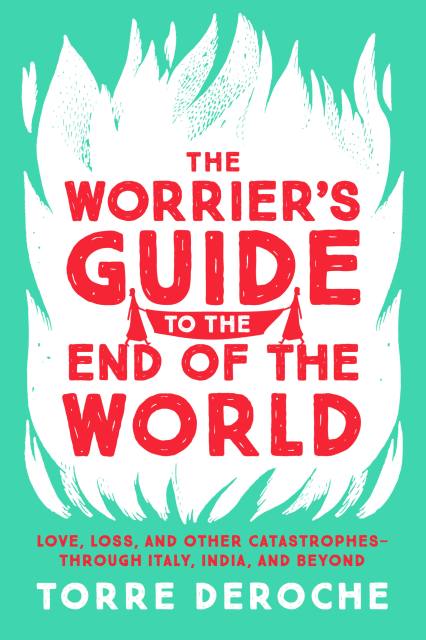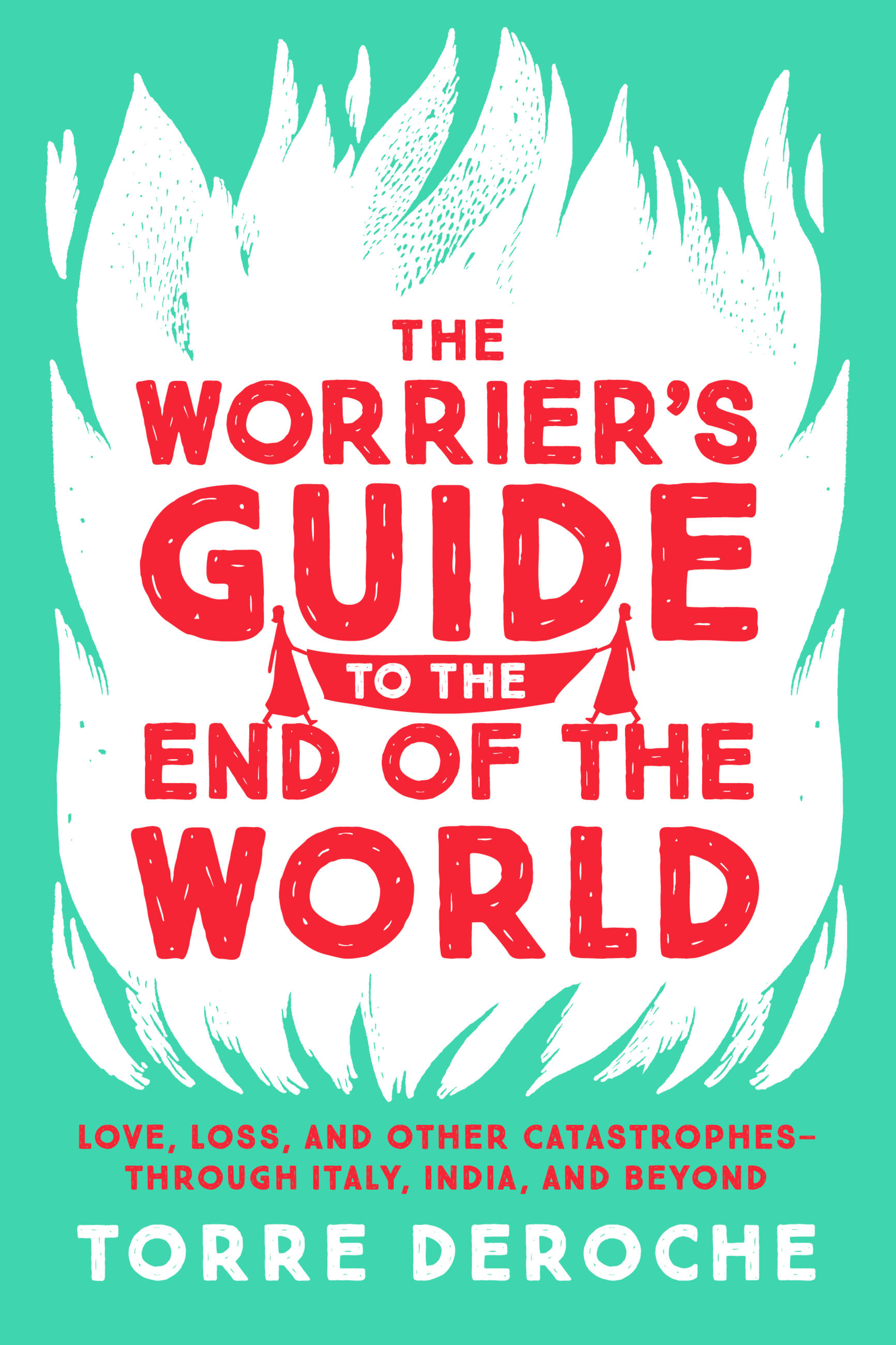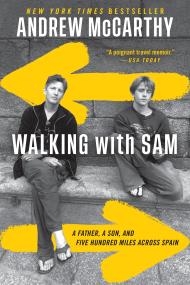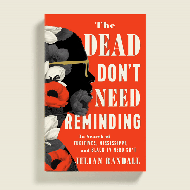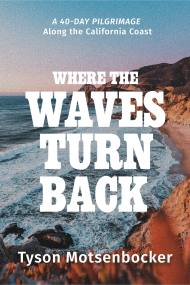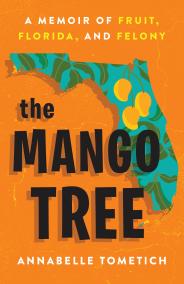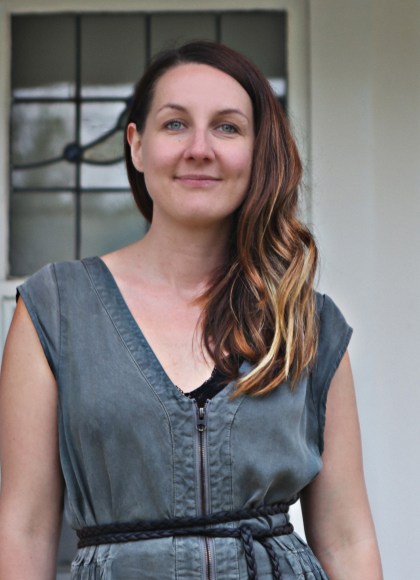Promotion
Use code MOM24 for 20% off site wide + free shipping over $45
The Worrier's Guide to the End of the World
Love, Loss, and Other Catastrophes--through Italy, India, and Beyond
Contributors
Formats and Prices
Price
$11.99Price
$15.99 CADFormat
Format:
- ebook $11.99 $15.99 CAD
- Trade Paperback $16.99 $22.49 CAD
This item is a preorder. Your payment method will be charged immediately, and the product is expected to ship on or around September 5, 2017. This date is subject to change due to shipping delays beyond our control.
Also available from:
Torre DeRoche is at rock bottom following a breakup and her father’s death when she crosses paths with the goofy and spirited Masha, who is pursuing her dream of walking the world. When Masha invites Torre to join her pilgrimage through Tuscany — drinking wine, foraging wild berries, and twirling on hillsides — Torre straps on a pair of flimsy street shoes and gets rambling.
But the magical hills of Italy are nothing like the dusty and merciless roads of India where the pair wind up, improvising a pilgrimage in the footsteps of Gandhi along his march to the seaside. Hoping to catch the nobleman’s fearlessness by osmosis and end the journey as wise, svelte, and kick-ass warriors, they are instead unraveled by worry that this might be one adventure too far. Coming face-to-face with their worst fears, they discover the power of friendship to save us from our darkest moments.
Genre:
- On Sale
- Sep 5, 2017
- Page Count
- 288 pages
- Publisher
- Seal Press
- ISBN-13
- 9781580056861
Newsletter Signup
By clicking ‘Sign Up,’ I acknowledge that I have read and agree to Hachette Book Group’s Privacy Policy and Terms of Use
